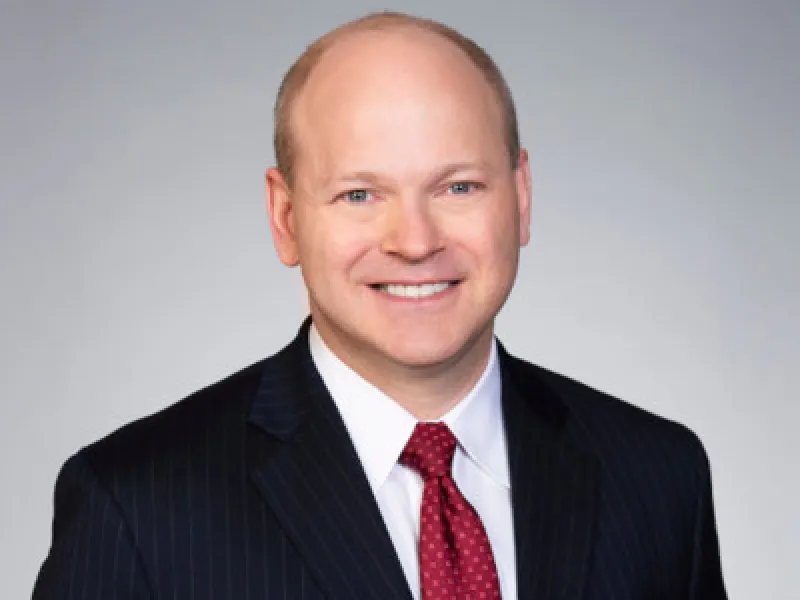After more than three decades at Mercer, Rich Nuzum left the institutional giant to expand Franklin Templeton’s $22 billion OCIO business. In his new role, he is targeting family offices and retail intermediaries, which he calls the “two largest and fastest growing segments in long-term savings.”
Nuzum joins Franklin Templeton at a time when investment consultants are increasingly turning to the growing private wealth and defined contribution markets — areas where OCIO models are gaining traction — as the institutional market plateaus.
Speaking with Institutional Investor via video call three months into the new job, the new head of OCIO at Franklin Templeton said he sees a structural shift away from traditional institutional allocators and toward advisors to wealthy clients: That’s what drove him to join the team.
“The number of open corporate DB plans or even frozen corporate DB plans is in decline in the U.S., U.K., Canada, [and] Ireland,” Nuzum said, adding that these segments are “both ex-growth at this point.”
He also believes the single employer DC plan will soon give way to the pooled employer plans that are used in countries like Australia and Hong Kong. “Single employer defined contribution is going to give way to PEP,” Nuzum said. “I saw that happen in Asia, so I have greater confidence about this than a lot of my U.S. counterparts.”
This outlook aligns with what other institutional consultants that have pivoted to retail have been saying: The institutional market has flatlined, and retail channels are where the next frontier for growth is at.
Nuzum attributes this shift to macro forces. “All of the G7 governments are running fiscal budget deficits,” he said. “There isn’t really a government around the world that’s in a position to expand pre-tax savings opportunities for people. Savings for everything — retirement, housing, healthcare — is falling on individuals. That’s the fast-growing part of long-term savings across the G7.”
While acknowledging that there are other important segments — including sovereign wealth funds, endowments and foundations, hospitals, and insurer general accounts — Nuzum thinks that “none of those segments is growing as fast as family office and retail investment,” and that “retail plus DC is the way forward for individual savings.”
Nuzum is expanding Franklin Templeton’s OCIO business by hiring staff and increasing its public profile. “We are hiring and anticipating even stronger growth as we really ramp up our external brand activation around OCIO,” he said.
He is also using Franklin Templeton’s structure as a key advantage. Because the firm manages its own funds, his team can change a client’s portfolio in hours or days. Other OCIOs that must hire outside managers can take weeks to implement changes. This speed is a central part of his pitch to win new clients.
“One of the interesting things about working with retail financial intermediaries and defined contribution intermediaries is they have to compete with assets,” Nuzum said. “And so they have to produce outperformance and net of fees, but they have to do it on deadline and in a differentiated way that’s understandable to intermediaries ... So it’s a much more complicated product development environment.”







